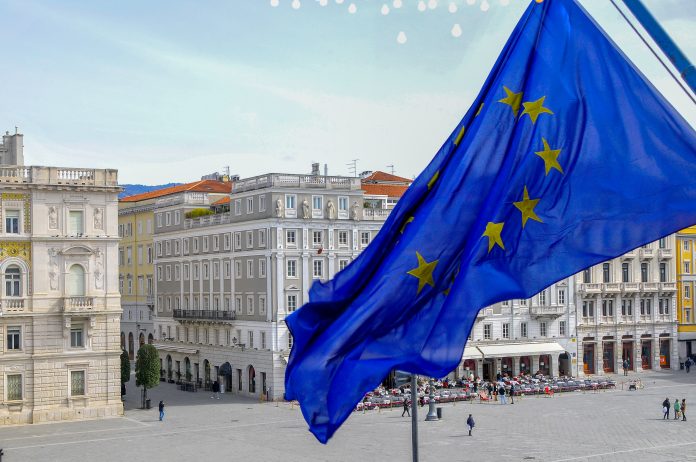by EH
In a late-night session, the Regional Council of Friuli Venezia Giulia approved a budget exceeding €6 billion, with a unanimous vote from the 27 majority councilors and opposition from the 19 minority councilors. The decision came after hours of deliberation that concluded at 11:46 PM, solidifying funding priorities for the upcoming fiscal year.
Major Investments in Health and Social Services
The budget’s largest allocation, totaling €3.56 billion, will go toward health, social policies, and disability services. This represents more than half of the €6.244 billion total and sparked the most heated debates during the council’s discussions.
Other Budget Allocations
The remaining funds are divided among several key sectors:
- €682 million for Local Autonomies and Public Administration
- €642 million for Infrastructure and Territory
- €239 million for Family, Work, Training, and Education
- €200 million for Environment and Energy
- €185 million for Productive Activities and Tourism
- €145 million for Property and Assets
- €113 million for Agro-Food, Forestry, and Fisheries
- €103 million for Culture and Sports
- €15 million for Civil Protection
While these allocations remained largely unchanged during the final debates, they reflect a broad effort to address the region’s diverse needs.
Political Tensions
The passage of the budget highlighted clear ideological divisions within the council. Opposition members criticized the majority for rejecting proposals aimed at addressing income inequality and minimum wage incentives.
Furio Honsell of Open Sinistra FVG argued that the budget would “only increase disparities,” while Serena Pellegrino of Alleanza Verdi e Sinistra labeled certain allocations as “designed to win favor rather than address systemic issues.” Five Star Movement’s Rosaria Capozzi noted that no proposals to enhance income support or establish a minimum wage were included.
Massimo Moretuzzo of Patto per l’Autonomia-Civica FVG suggested that some rejections were driven by ideology, citing the refusal to fund initiatives for the 80th anniversary of the Liberation. Andrea Carli of the Democratic Party remarked that “a budget this substantial could have been improved in quality, but the majority chose not to.”
Majority Response
Alessandro Basso of Brothers of Italy defended the majority’s approach, stating that opposition members displayed “only ideological resistance.” He framed the budget as an example of effective governance on issues such as participation, enterprise, environment, and culture.
Regional Finance Councillor Barbara Zilli emphasized the budget’s balance, claiming it addressed the needs of both “the most vulnerable and the middle class, which has been instrumental in achieving these figures.” She highlighted €840 million in investment spending and over €517 million in current expenditure.
President Fedriga’s Remarks
Regional President Massimiliano Fedriga celebrated the unprecedented funding for healthcare and additional support for families and vulnerable populations. He described the environmental measures as “smart and constructive” and defended a property tax on second homes, which he argued would increase municipal revenue through ordinary transfers.
The approved budget sets the stage for Friuli Venezia Giulia’s fiscal and policy priorities, with investments aimed at fostering growth while addressing social challenges.





























